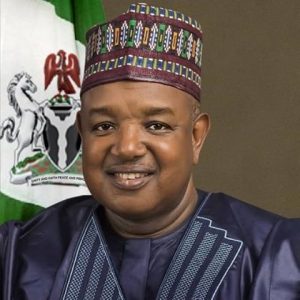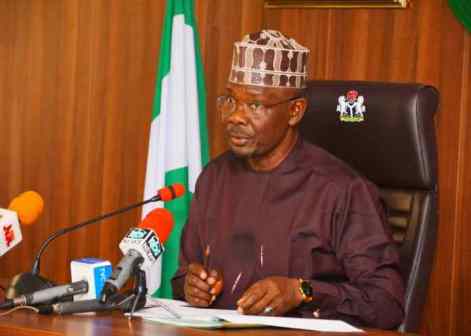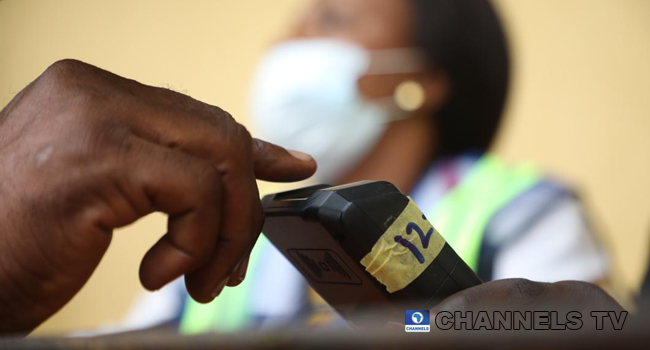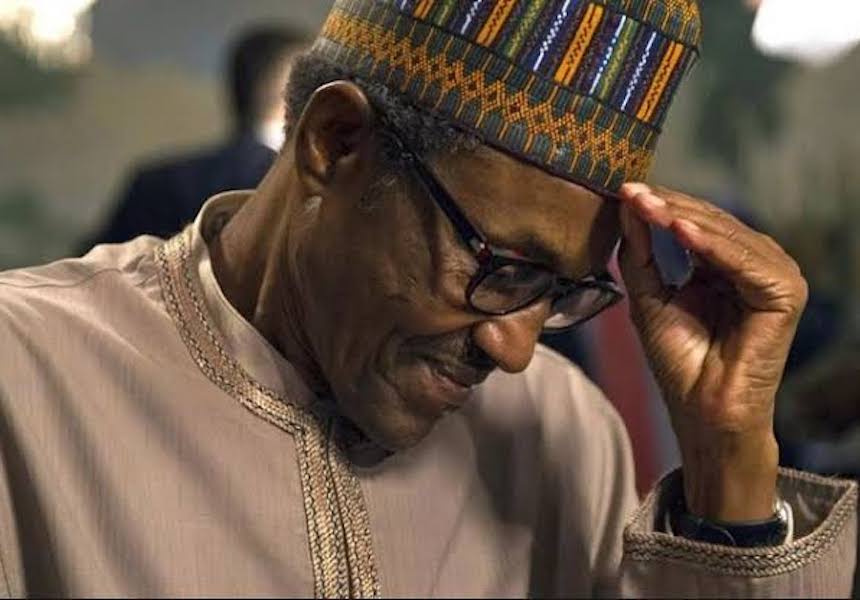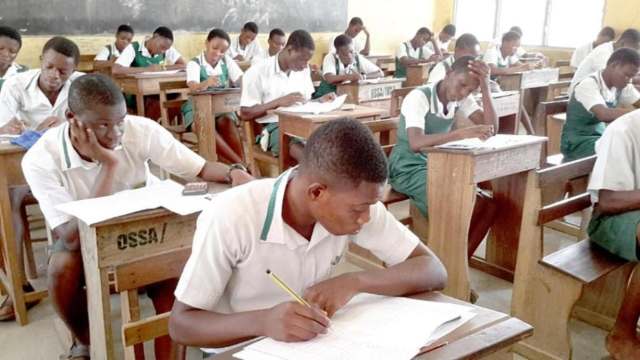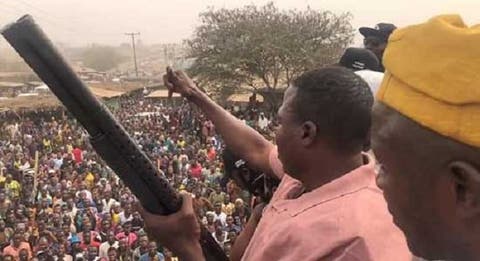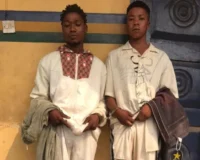Power generation improves to 4,823.60MW
Data from the National System Operator, an independent unit in the Transmission Company of Nigeria, TCN, showed that it was a 19.32 percent higher than the 4,042.40MW generated on Friday. NSO data as at 8pm on Sunday showed that Ikeja DisCo was the highest load taker with 694,12MW, followed by Ibadan DisCo with 535.91. Eko […]



